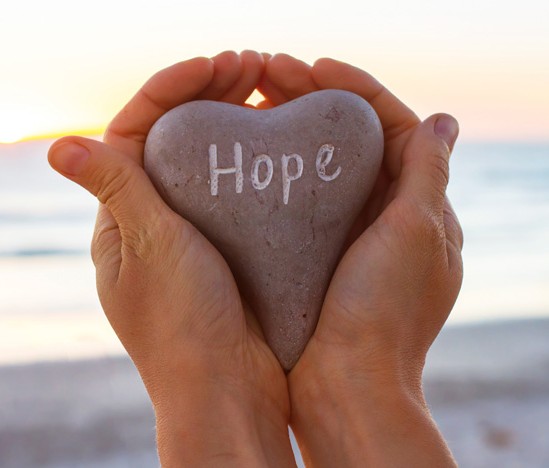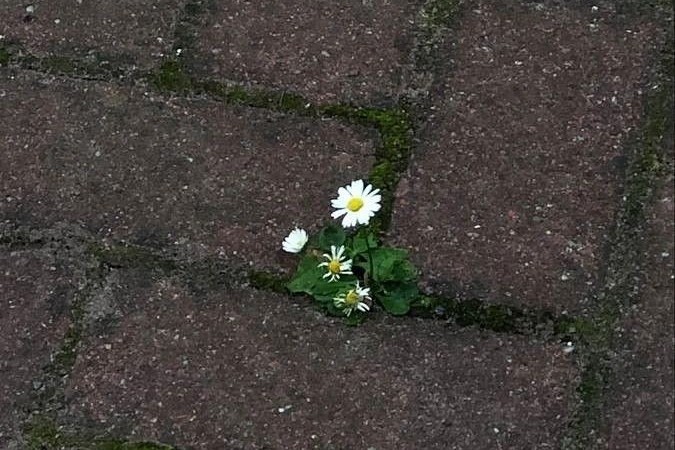Coping with the Overwhelm After the Ahmedabad Air Crash
By- Your next-door psychologist (just as anxious as you)
In the aftermath of the Ahmedabad air crash, many of us have found ourselves glued to our screens watching updates & scrolling through endless posts. Even if we don’t know anyone involved, something about it feels deeply personal. Our stomachs tighten, our hearts race, and there’s a lump in our throat we can’t quite swallow.
Why does it feel so relatable, even when we are not directly involved?
Because it touches something very human in all of us. The randomness of it. The idea that people were just going about their day working, traveling, living and everything changed in a split second. It reminds us of how fragile life is, how unpredictable the world can be. It brings up our own fears about safety, loss, and the people we love. It’s why stories like these feel so close to home.
I’ll admit when I heard the news, a wave of anxiety hit me. With travel plans ahead, I suddenly hesitated. The thought of flying so soon felt overwhelming, and I found myself spiralling into all the ‘what ifs’ I could think of.
But while empathy is a beautiful thing, it can sometimes turn into emotional overwhelm especially when we are constantly exposed to distressing images, videos, and speculation.
It’s natural to feel disturbed, it means you care. But you don’t have to carry it all. In moments like these, it helps to ask: What’s in my control? You can’t change what happened or how it’s reported, but you can choose how often you check the news, what content you take in, and how you care for your emotions. Taking a break doesn’t mean you don’t care. It only means you are protecting your peace. You can stay informed without being overwhelmed. Feeling deeply is human, but constant exposure doesn’t have to be.
You don’t have to disconnect completely, but it’s okay to take small steps to reduce how much upsetting content reaches you. Ask a friend or family member to help you adjust your app settings so your feed feels less overwhelming. A few simple changes can create space to breathe, helping you stay grounded without feeling buried under constant updates.
When you choose to stay updated, do it mindfully. Stick to one reliable source, check in just once or twice a day, and avoid graphic visuals or emotionally charged commentary. Focus on facts, not speculation, to stay informed without feeling overwhelmed.
If you feel overwhelmed, ground yourself with simple tools like:
grounding technique (5-4-3-2-1) or square breathing.
Often place a hand on your heart and remind yourself: “It’s okay to feel this. I am safe right now.”
Caring doesn’t always mean staying constantly updated. It can mean lighting a candle, saying a prayer, supporting a cause, or quietly holding space for others, and for yourself.
A Final Word
Tragedies remind us how connected we are but also how important it is to protect our peace while holding space for others.
Remember:
Feeling shaken doesn’t mean you are weak.
Taking a break doesn’t mean you are indifferent.
Being kind to yourself is not selfish it’s necessary.
I too reminded myself that fear is a response, but faith is a choice. I chose to come back to my sense of grounding not in denial of what happened, but in belief that I am not in control of everything, and I don’t need to be. My faith, my spirituality, and my daily practices helped me pause, take a breath, and carry on not out of numbness, but out of strength. So, breathe. Mute what you need to. Stay soft-hearted, but strong in your boundaries.
Because staying human means knowing when to open your heart and when to give it a little rest.
If this brought you calm or clarity, feel free to share it with someone who might need it today.





Leave a Reply